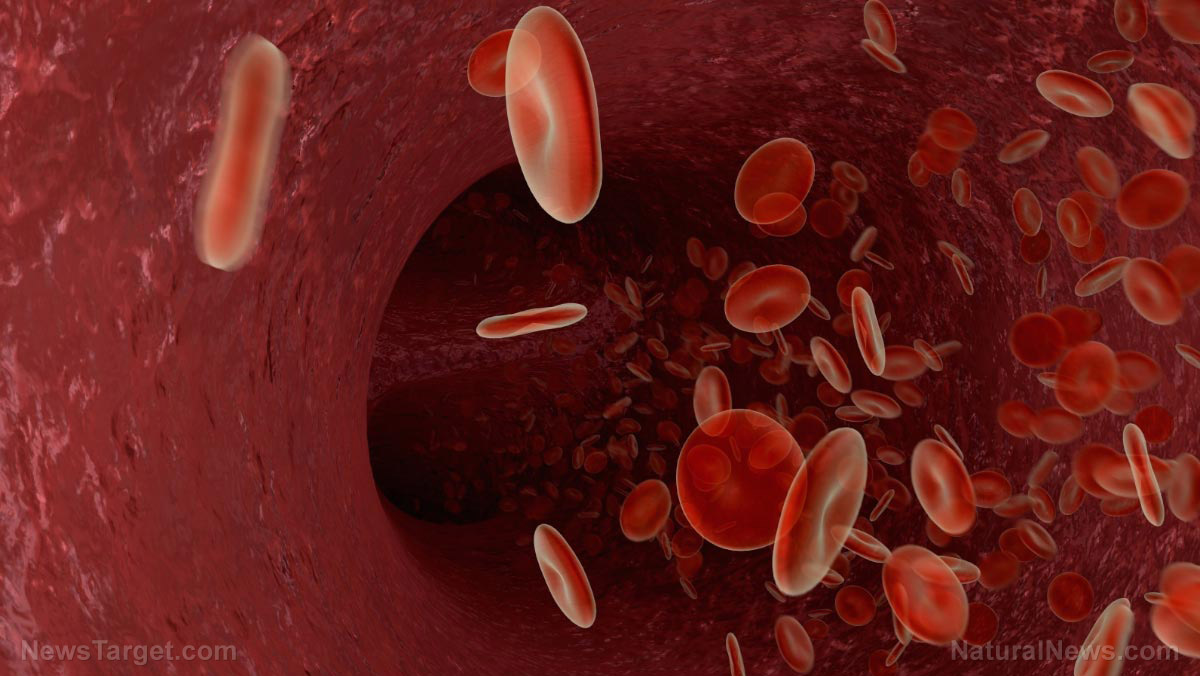
Advertisement
Most people may not be aware of it, but the bacteria residing in our digestive system play a role in keeping us healthy. Bad bacteria proliferating in the gut gives rise to a number of conditions that can get worse in the long run. On the other hand, good bacteria being dominant in the digestive system reverse these health problems – making us feel better as a result.
Thus, it is important to ensure that your gut contains high amounts of good bacteria. Beneficial micro-organisms in the gut have been linked to improved digestion and better mental health. But you can now add healthy blood vessels to that list, thanks to a 2018 study.
The researchers behind the May 2018 study found that a more diverse gut microbiome with more good bacteria can contribute to cardiovascular health. In particular, they discovered that higher amounts of beneficial micro-organisms lowered the risk of developing atherosclerosis. This condition involves the hardening of the arteries where blood flows and is usually associated with heart attacks and strokes.
To study how atherosclerosis and the gut microbiome were connected, the team asked more than 600 middle-aged female twins from the U.K. to provide stool and blood samples. The researchers also measured how stiff the participants’ blood vessels were.
Senior study author and medicine professor Ana Valdes said: “Arterial hardening can be related to diabetes, which can be correlated with low gut microbiome diversity. But in our data, we found that [blood vessel stiffness] was not due to obesity or diabetes in this people. The gut microbiome seems to be having [an] effect … on arterial hardening.”
Valdes and her colleagues found that the Ruminococcaceae bacteria group played a role in blood vessel hardening. Volunteers with less diverse types of this particular bacteria had stiffer blood vessels. She speculated that both were linked through inflammation. It is important to note that the 2018 study only found a connection between Ruminococcaceae diversity and blood vessel hardening risk. It did not prove that having less diverse types of this human gut bacteria directly caused atherosclerosis.
These three foods are your best bet when it comes to promoting good bacteria in the gut
Valdes said that people can make their gut microbiome more diverse by including more fiber, probiotics and omega-3 fatty acids into their diets.
Foods rich in omega-3 fatty acids are integral for gut health as they modulate the composition of microbiomes in the intestine. There are three types of omega-3 fatty acids coming from different dietary sources — alpha-linolenic acid (ALA), eicosapentaenoic acid (EPA) and docosahexaenoic acid (DHA). You can find ALA in plant-based foods such as leafy vegetables, walnuts, flax seeds and chia seeds. Meanwhile, consuming fatty fishes and their oils gives you your daily dose of EPA and DHA.
Foods rich in fiber serve another purpose aside from sweeping away bad substances from the intestines. A fiber-rich diet, specifically the insoluble type, provides food for the beneficial micro-organisms found inside our digestive system. Good bacteria function better when fed with prebiotics, certain kinds of fibers the human body cannot digest. Including foods like whole grains, fruits and vegetables in your diet gives these helpful microbes their much-needed sustenance and improves your bowel movement.
Most importantly, foods containing probiotics help replenish the levels of good bacteria residing in your gut. Probiotic-rich dietary choices also introduce other beneficial strains that augment the positive impact of good microbes already in your system. Yogurt is your no. 1 choice when it comes to probiotics because it is rich in Lactobacillus bacteria and other healthy strains.
You can also consider fermented foods to bolster your probiotics intake. Sauerkraut and kimchi made from cabbage, alongside tempeh and miso made from soybean, make good food picks because of the good bacteria responsible for changing their composition. The milk-based kefir and tea-based kombucha also contain probiotics you can imbibe with every sip.
Including probiotics in your diet also promotes healthy blood flow – aside from healthy digestion.
Visit FoodIsMedicine.com to read more about the therapeutic effects of eating probiotic-rich foods.
Sources:
Advertisements







